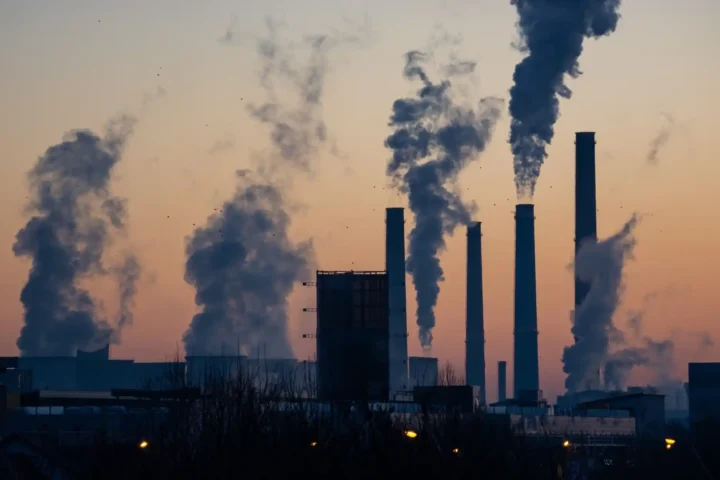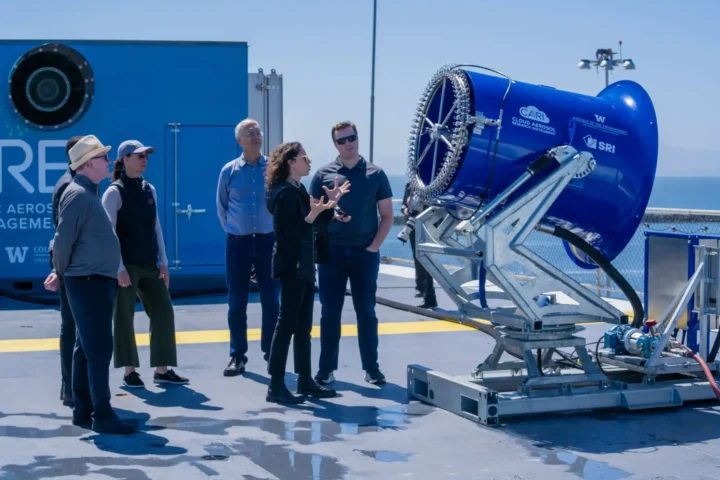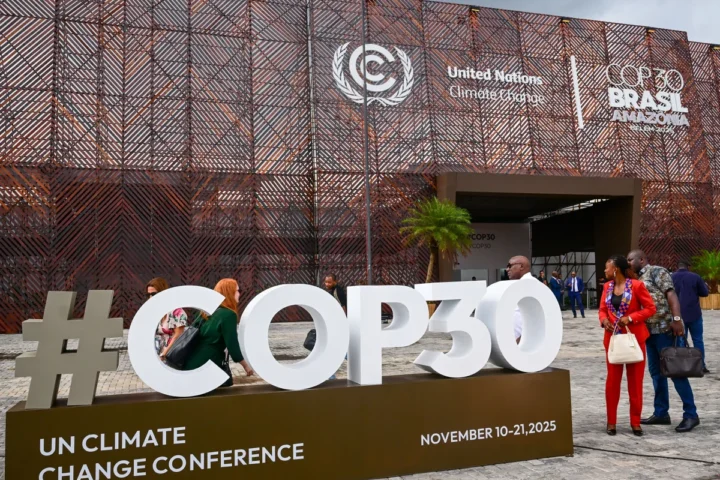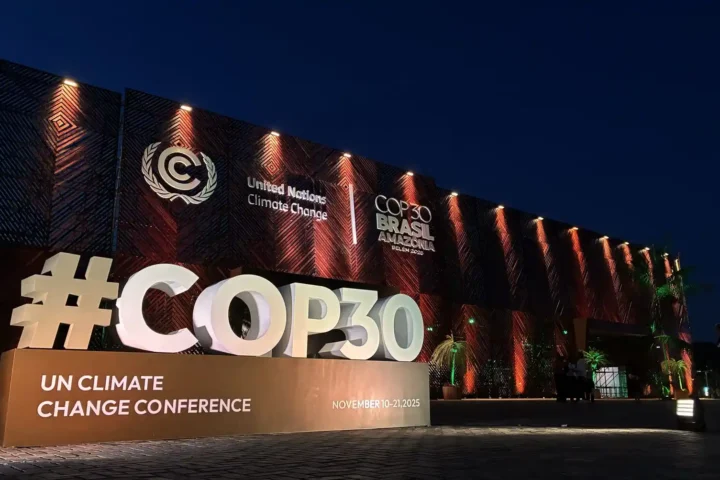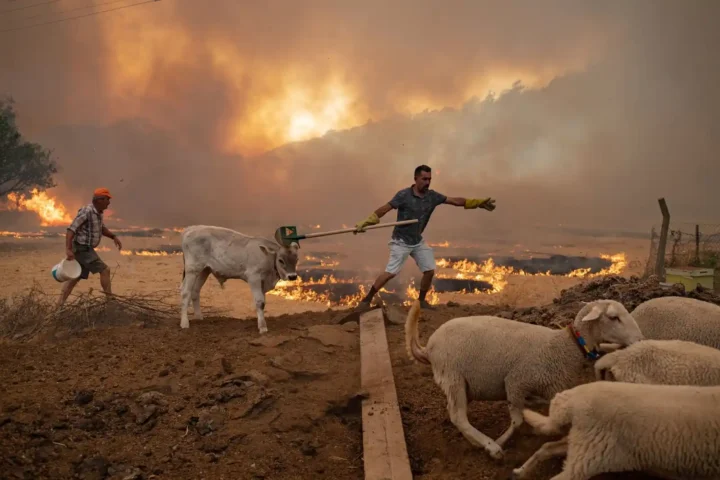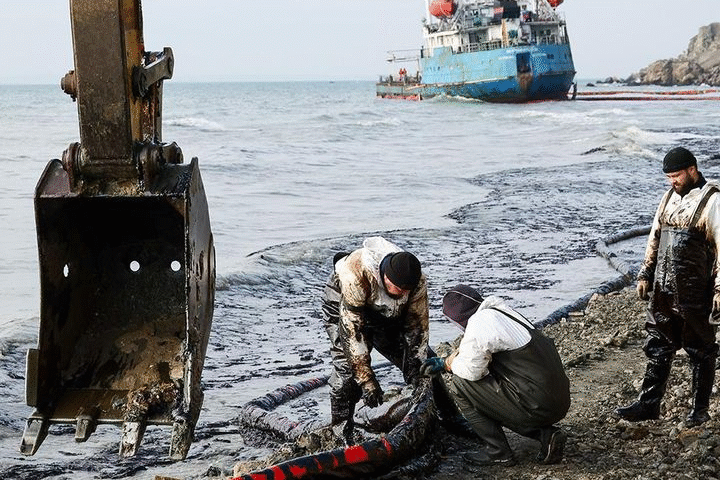The dust from COP29 in Baku has barely settled, yet the global climate discourse seems as polarized as ever. The summit, hosted in a nation emblematic of the fossil fuel economy, culminated with an agreement to mobilize $300 billion annually by 2035 to assist developing nations in their climate adaptation and mitigation efforts. A significant sum, perhaps, but it falls well short of the $1.3 trillion that many in the developing world deem essential. Critics are quick to label COP29 a failure. I see something different: a clarion call from developing nations to the industrialized West. The message is clear: “We won’t carry your burden.”
Historical Emissions and Historical Injustice
For centuries, the industrialized West thrived on the back of fossil fuels. The U.S. and Europe account for a lion’s share of historical greenhouse gas emissions—countries responsible for only 12% of today’s global population have contributed over 50% of cumulative CO2 emissions. These nations have built their economies on the very fuels they now seek to abandon, leaving developing nations with a double-edged sword: growth stymied by climate constraints or stagnation imposed by external pressures.
The message from COP29’s host nation, Azerbaijan, encapsulates this sentiment. A nation heavily reliant on oil and gas for its economy, Azerbaijan walked a fine line during negotiations. It acknowledged the urgency of climate change while emphasizing the socio-economic devastation that abrupt transitions could bring to resource-dependent economies. “The charge needs to be taken by the West,” was the unspoken mantra resonating through the halls of the summit.
The Indian Dilemma: Energy Security vs. Climate Responsibility
India is emblematic of this conundrum. With 87% of its crude oil consumption met through imports, India is in a race to reduce its dependence on foreign energy. Yet, the nation has barely scratched the surface of its domestic reserves, estimated at 22 billion barrels of untapped oil. Efforts are underway to overhaul outdated regulations, inviting foreign investment to expedite exploration. At COP29, India’s representatives were blunt: “Our hands are tied.” It’s hard to argue with their reasoning.
The Indian government faces a colossal challenge: lifting millions out of poverty while navigating the demands of climate responsibility. Why should a country still striving to provide basic energy access to its population halt resource exploration simply because the West has already burned its carbon budget? India’s leaders aren’t being obstinate; they’re being pragmatic.
The Numbers Don’t Lie
The $300 billion annual pledge from COP29, though framed as historic, is a glaring mismatch to the needs articulated by developing nations. According to the Climate Policy Initiative, the global financing gap for climate action in developing countries stands at $1.3 trillion annually—a figure that highlights just how far the world remains from equitable climate solutions. Even if the $300 billion materializes, the shortfall will perpetuate the vulnerabilities of developing economies, leaving them to bear the brunt of climate impacts without sufficient resources to adapt.
Consider this: while $300 billion may sound substantial, it’s less than the annual profits of the global oil and gas industry, which reaped $4 trillion in 2022 during the post-pandemic energy boom. The inequities are stark, and the hypocrisy is sharper.
The Cost of Transition
Developing nations aren’t asking for handouts. They are asking for fairness. Transitioning to a green economy comes at a high cost, and for resource-dependent economies like Azerbaijan, Nigeria, or even Saudi Arabia, the path forward isn’t as straightforward as simply “leaving it in the ground.”
Take Azerbaijan, where oil and gas revenues constitute nearly 60% of the national budget. Abruptly shifting away from fossil fuels without economic alternatives would risk political instability and economic collapse. Is it any wonder then that nations in similar positions are reluctant to unilaterally disarm in the climate battle?
The West’s response to this challenge has been tepid at best. While it pressures nations like Azerbaijan or India to accelerate their energy transitions, it continues to expand its own LNG terminals, subsidize fossil fuel exploration, and turn a blind eye to its historical emissions.
A New Era of Climate Diplomacy
COP29 marked a turning point—not because of the financial pledges made but because of the shifting dynamics of climate diplomacy. For decades, climate negotiations have been framed by a North-South divide, with the West dictating terms and the Global South absorbing the brunt of the consequences. That era is over.
Developing nations are no longer passive participants in these discussions. They’re asserting their agency and demanding that historical responsibility translates into tangible commitments. The $100 billion annual pledge made by developed nations at COP15 in Copenhagen—a figure that remains unmet 14 years later—looms large over every climate negotiation. For many in the developing world, the failure to deliver on this promise symbolizes the West’s unwillingness to walk its talk.
The Real Cost of Inaction
The stakes couldn’t be higher. According to the United Nations, climate-related disasters have increased fivefold over the past 50 years, costing the global economy over $3.6 trillion. Developing nations disproportionately bear these costs, with countries like Pakistan suffering catastrophic floods and sub-Saharan Africa grappling with relentless droughts.
Meanwhile, the International Energy Agency warns that global energy demand will continue to rise by 25% through 2040, driven primarily by developing economies. These nations cannot—and should not—be expected to curtail their growth to compensate for the West’s excesses. The only path forward is one where responsibility is shared, and the financing gap is closed.
Moving Forward
The $300 billion pledge at COP29 is a step in the right direction, but it’s a small step on a very long road. For real progress to occur, the West must do more than write checks. It must acknowledge its historical responsibility, close the financing gap, and support developing nations in building resilient economies that can thrive in a low-carbon world.
At the same time, developing nations must leverage this moment to demand structural changes in global climate governance. COP30 in Saudi Arabia offers another opportunity to push for an equitable framework that prioritizes fairness over platitudes.
A Message That Must Be Heard
COP29 may not have delivered the sweeping commitments many had hoped for, but it delivered something equally important: a message. The developing world will no longer be a scapegoat for the climate crisis. It will no longer carry the burden of the West’s historical emissions. And it will no longer accept piecemeal solutions that fall short of what is needed.
The West has a choice to make. It can continue to shirk its responsibilities, or it can rise to the occasion and lead by example. For the sake of the planet, let’s hope it chooses the latter. But if COP29 has shown us anything, it’s that the developing world won’t wait. The time for equitable action is now.




